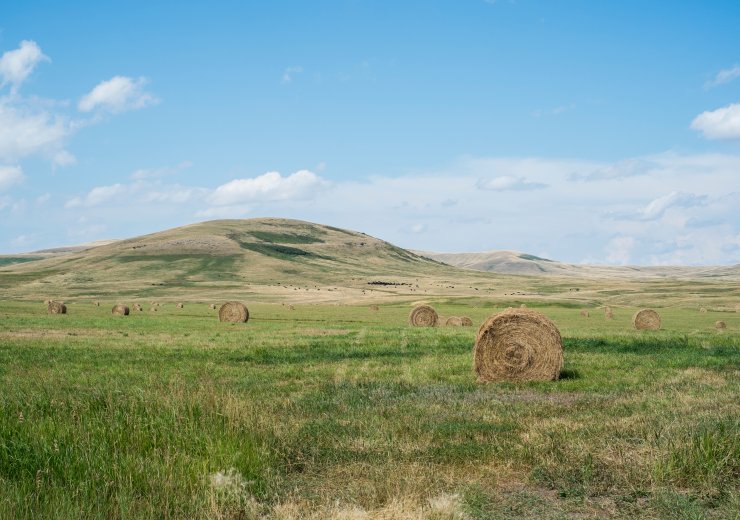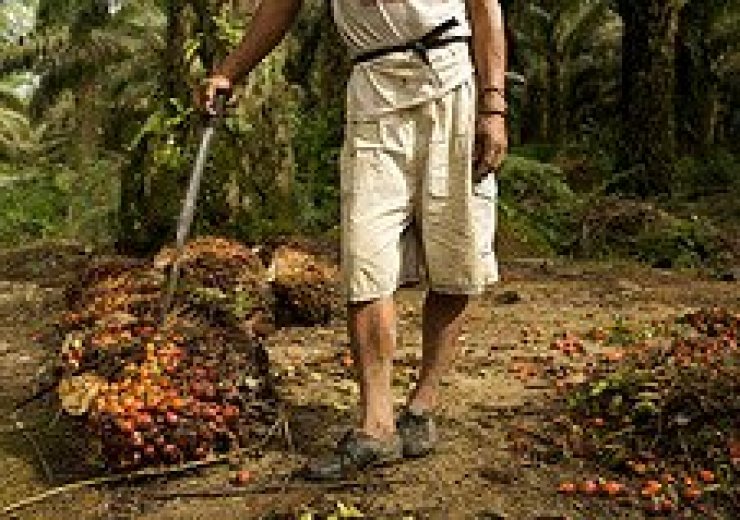
A healthy natural environment is key to growing enough nutritious food for a growing global population. Yet our current industrial food system is damaging the natural environment. There is a way to grow food that works with nature, not against it. Agroecological approaches to farming protect and enhance nature, providing food that’s good for people, planet and animals.
Our current industrial food system is damaging the natural environment. Our insatiable appetite for meat and ultra-processed foods causes the destruction of virgin forests and other habitats that host diverse ecosystems. Wild biodiversity – insects, reptiles, birds, mammals and the native plants that support them – is in steep and terminal decline as we rip up hedgerows, plant mono-crops and spray pesticides.
Industrial fishing endangers many species and ecosystems in oceans across the world. Aquaculture threatens the biodiversity of wild fish, as escapees breed with their cousins.
Biodiversity loss is a tragedy. But its impact on food and farming is a looming disaster. A healthy environment provides ‘ecosystem services’ – pollination, soil fertility, clean water, carbon cycles – which are fundamental to growing food and critical to our survival. And yet, across the world, including in the UK, ecosystems are degraded and lost.
Instead, people must live within planetary boundaries; farming sustainably, conserving natural resources, respecting the food on our plates, and the people, animals and the myriad other organisms involved in growing it. In other words, valuing the many and varied benefits that humans freely gain from the natural environment and properly-functioning ecosystems.

To provide food that’s good for current and future generations, animals and the planet, farmers must enhance and protect their soil, not pump it full of chemical fertilisers. Healthy soils increase crop yields, help cope with drought, provide us with essential nutrients and sequester carbon. UK soils are resilient, but average rates of erosion are five times those of soil formation and there is good evidence of significant losses of soil organic carbon; a trend we can’t afford to continue.
Most food in the world is grown by small-scale farmers who work with nature, taking an agroecological approach to farming. In the developed world, industrial farming holds sway, but even here farmers are beginning to question the wisdom of a system that extracts the financial value from nature without recognising its more fundamental value to all life on earth. They’re realising that nature is critical for the ongoing sustainability of their livelihoods and the planet.

Let's celebrate the UK's agricultural diversity rather than take ‘one-size-fits-all' approach.

A report of the May 2011 meeting of the FEC’s Business Forum